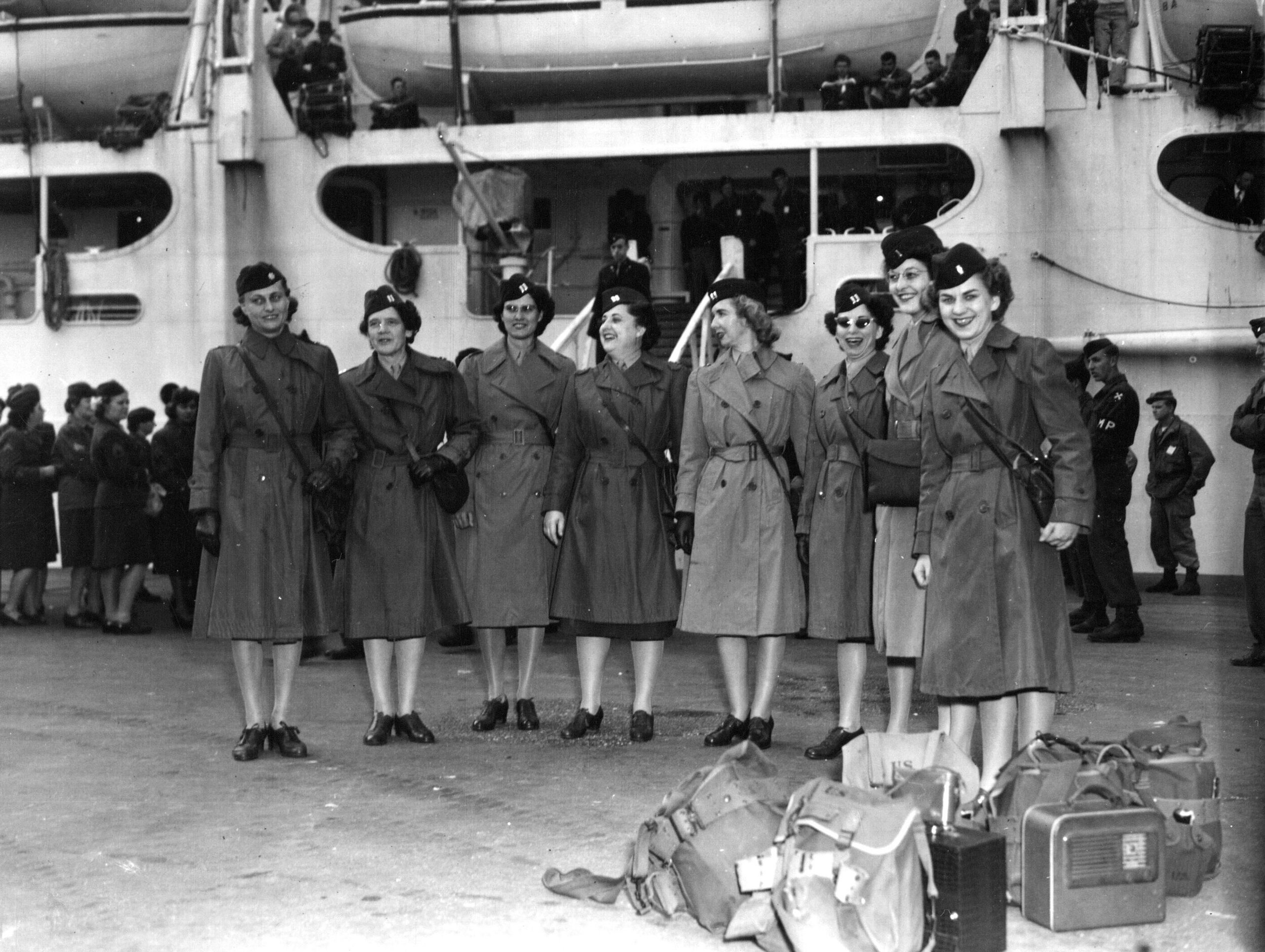
Teaching Military History to Undergraduates
SYLLABI
If you are looking for inspiration for your next undergraduate military history course, you will find sample syllabi covering topics ranging from Ancient and Medieval warfare, to the Second World War, to Peace and Security Studies. While many have been taught at civilian universities, several come from West Point’s curriculum.
ASSIGNMENTS
In this section, you will find a wide range of assignments that you can adapt to your own courses, from using works of fiction, to data visualization, to oral history.
In history, we often break down the discipline into research areas such as race, class, gender, and religion. While those are often rich discussions, I don't like having to choose. The study of war cuts through all of those ways of approaching history so I never have to make a choice. I can look at all those things as a whole.
—Ryan Booth, Washington State University
Featured
by Charles Hannon
This assignment is designed to empower students to use tools of data analysis to better understand the lives of veterans and tell their stories. Data Science is not the enemy of historians or of the humanities generally, is not “a return to the age of mystery,” as this recent mini-controversy posited. Understanding how to locate, understand, and visualize data can help students discover important issues affecting veterans lives today and lead to new areas of research in the future.
America in Vietnam – A Political and Military History, 1950-1975
This course examines the American war in Vietnam by exploring a substantial portion of the scholarship produced over the past four decades. Although it will examine the origins, events, and consequences of the conflict – including its political, military, diplomatic, and social dimensions – the course is specifically designed to explore the retrospective “meaning” and “lessons” of America’s lost war in Southeast Asia as contained within contentious debate among scholars, journalists, and participants. For some, the war in Vietnam was an immoral catastrophic failure: an unwinnable conflict that never should have been fought by the United States. For others, American intervention was a noble cause: a necessary war that could have been won had different political and strategic avenues been taken. These diverse interpretations, along with other significant arguments advanced by the orthodox and revisionist schools constitute the major focus of this class.
Data Visualization Assignment
Museums, Monuments, and MeMorials
by Sarah Myers
This course offers a study of how American experiences have been remembered and memorialized through museum exhibits, monuments, and memorials. Themes include the ways organizations influence the construction of memorials and monuments, federal government funding for national monuments, whose histories are prioritized, histories that are forgotten, the historical context of monument erections and the establishment of memorial sites, and national debates over the construction of historical narrative. Class discussions will be based on assigned books, articles, primary sources, and films. You will get hands-on experience in public history as you conduct research in an archive’s digital collection and curate an online museum exhibit.
I study military history to understand the complexities of the present day. The actions of a single individual has incredible weight moving forward into the future. Being able to look back on the lives, and simple actions of many individuals who served in military or diplomatic situations show how people make an impact. History is often taught, focusing on major individuals who had such a large impact, but finding the small details of the unknown or lesser known individuals is incredibly humanizing.
— Theresa Sanderell, undergraduate student


